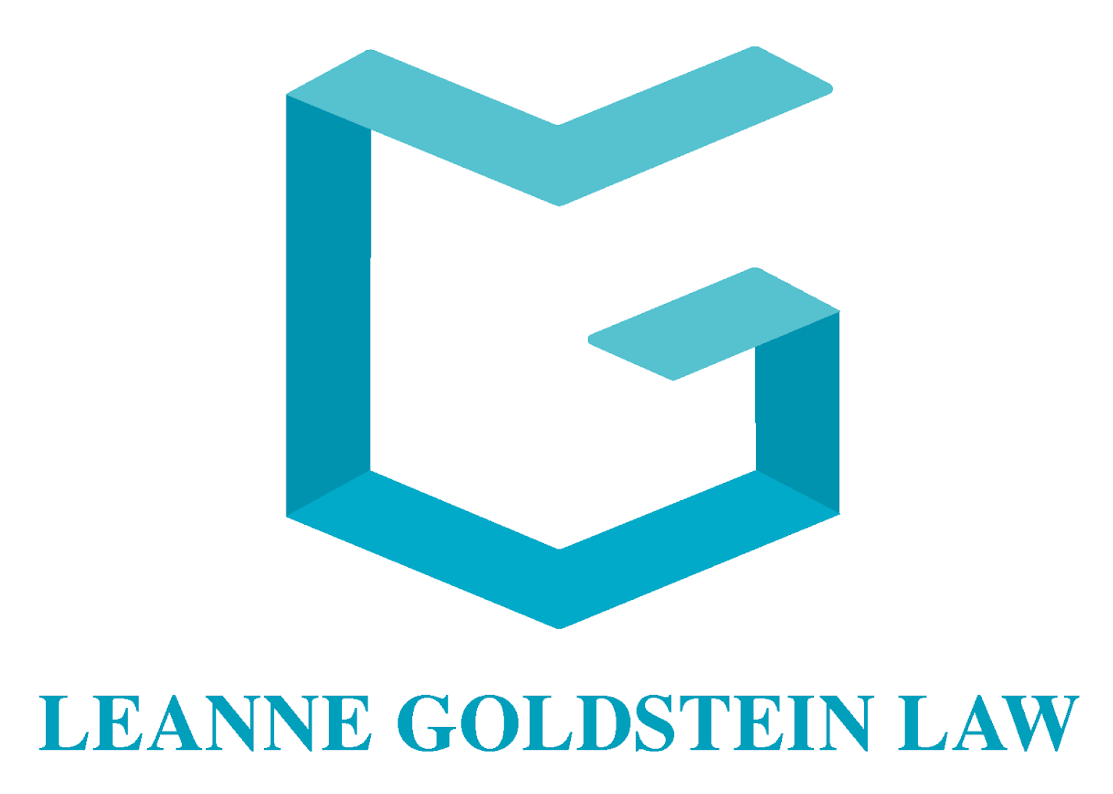When injured workers receive benefits through the Workplace Safety and Insurance Board (WSIB) in Canada, the path to claiming additional disability benefits can be intricate and often confusing. Understanding how WSIB benefits interact with other disability benefits is crucial for workers navigating this dual system. This blog post will explore the nuances of claiming disability benefits while on WSIB, focusing on the overlaps, boundaries, and legal implications involved.
Understanding WSIB and Disability Benefits
WSIB at a Glance: WSIB provides no-fault insurance for workers injured on the job. WSIB is available to employees who are employed by WSIB covered employers. WSIB is mandatory for certain industries but not all employers are covered by WSIB. WSIB offers income compensation (Loss of Earnings) and medical benefits to workers injured at the workplace, but it is important to note that WSIB coverage may limit the ability to pursue other legal claims related to the workplace injury.
Disability Benefits: These may be available to eligible employees covered under group insurance and are meant to cover disabilities that arise outside of work-related incidents or, in addition to them.
The Overlap: Navigating WSIB and Disability Claims
Concurrent Eligibility: It is possible to be eligible for both WSIB and disability benefits, but there are crucial factors to consider:
- Nature of Disability: If your disability is solely work-related and you work for a WSIB covered employer, WSIB is generally your primary source of benefits. If you do have disability coverage under a group long term disability policy, it is a good idea to make an application for long term disability benefits in addition to WSIB in case your WSIB is terminated or denied. If your disability is not work related, you would need to apply for disability benefits under your long term disability group policy.
- Offsetting Benefits: Most group long term disability insurance policies have clauses that reduce the long term disability benefit amount by the amount received from WSIB. This means that your total benefits might not increase, even if you qualify for both Since WSIB loss of earnings often exceed the long term disability benefit amount, this may result in a $0 long term disability benefit for as long as you continue to receive WSIB loss of earnings.
Legal Implications and Considerations
Navigating Claims: The process of claiming disability benefits while receiving WSIB requires careful legal consideration:
- Disclosure and Transparency: Be transparent about your WSIB claim when applying for long term disability benefits. Failing to disclose this information to your long term disability insurer can lead to legal complications or accusations of fraud.
- Understanding Policy Terms: Review your disability insurance policy carefully, paying close attention to clauses related to other sources of income, like WSIB.
Seeking Legal Advice
Given the complexities, consulting with a legal expert is often advisable:
- Legal Expertise: A lawyer with experience in WSIB and disability law can provide invaluable guidance, helping you understand your rights and the intricacies of your specific situation.
- Appeal Process: If you face denials or disputes in your claim, a lawyer can assist in the appeal process, ensuring that your case is effectively represented.
Tips for Navigating the System
Stay Informed: Keep abreast of any changes in WSIB policies and disability law that could impact your claim.
Document Everything: Maintain thorough records of your medical treatments, WSIB communications, and interactions with your disability insurance provider.
Be Proactive: Actively engage in the process, asking questions, and seeking clarifications whenever necessary.
Conclusion
Claiming disability benefits while on WSIB presents unique challenges, requiring a careful balancing act between different legal and insurance systems. Understanding the overlaps, policy specifics, and your legal rights is key to successfully navigating this complex terrain. Remember, each case is unique, so personalized legal advice is often crucial to protect your interests and ensure that you receive the full range of benefits to which you are entitled.
